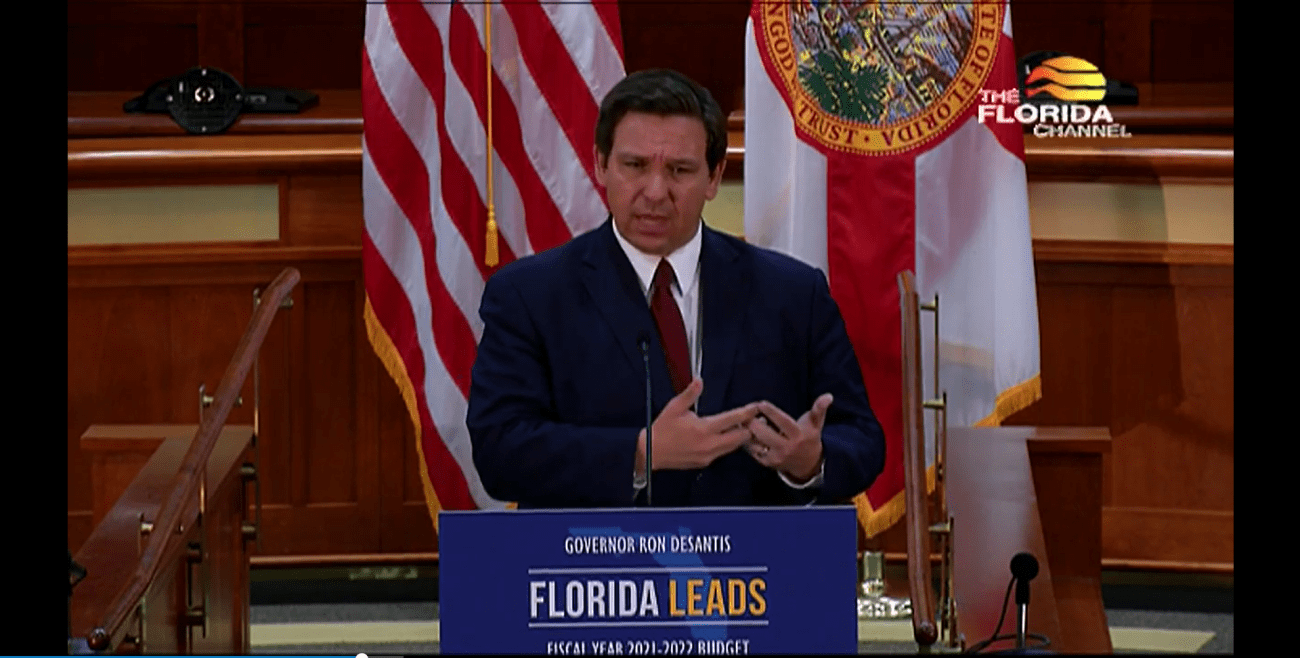DeSantis has other ideas for rewarding schools for their performance
Tampa Bay Times/Gradebook | by Jeffrey S. Solochek | February 4, 2021
I still remember the first year Florida launched recognition funds. One of the more successful Sarasota County schools received a check for its scores, and its leaders quickly spoke out.
They wanted to give the money back. Maybe a struggling school might need the funds, they suggested, but not them.
A few school representatives drove up to Tallahassee to return the award. No one would take it.
That incident in many ways symbolized the program for years to come. State officials insisted on doling out millions of dollars to schools for high or improved test results, even as many parents and educators criticized the initiative for prioritizing the wrong things.
Any suggestion that the state reallocate the amount for general education spending, spread across all schools, ran into a brick wall.
Once the money arrived in districts, the situation sometimes got even worse, as arguments ensued over how to spend it. The model often divided the communities it was supposed to support.
Still, it went on. Until 2020.
Gov. Ron DeSantis vetoed the $134 million expenditure. Word was that it was a one-time blip, essentially a nod to the fact that schools wouldn’t be graded after state tests were canceled because of COVID-19.
Then DeSantis unveiled his 2021-22 budget proposal last week. It didn’t include a single dollar for the School Recognition Program.

He proposed something else instead: Allocating $43.5 million to spread among Title I schools serving the state’s poorest students, based on their academic performance.
The idea accomplishes a couple of things. It would cut spending on test-based awards by two thirds, allowing a shift of millions into other areas such as mental health services (DeSantis recommended $10 million more) and teacher pay raises (DeSantis proposed an added $50 million).
It also would focus the remaining money on the schools that those Sarasota educators talked about helping two decades ago, rather than sending extra to those that are already succeeding.
The awards would be $100 per student, and “the school would have to spend at least 10 percent of the funding on early literacy programs,” Education Department chief of staff Alex Kelly told senators on Wednesday.
Lawmakers have signaled their willingness to listen to the governor’s budget plan, which his advisors presented as “a starting point.” Lawmakers also have noted they might have their own priorities. In the past, those have routinely included the Bush-era School Recognition Fund.
This year, we should find out just how dedicated they are to this popular yet controversial line item.






